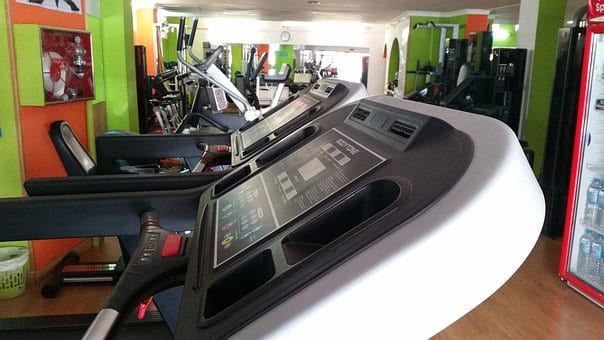
The range of fitness equipment ina gym attracts customers and helps to set their expectations about the place. As exercises are becoming more and more equipment oriented, the perception of evaluating the quality of a gym based on the equipment seems somewhat logical. Gyms must be spacious because overcrowded gyms are anathema for business, and must prominently display its inventory of equipment that speaks about the scope of exercises that await fitness enthusiasts. In the absence of treadmills, weight machines, ellipticals, step machines, barbells, exercising bikes and much other similar equipment, any gym is nothing more than a big space no better than a warehouse. Buying gym equipment rentails good investment, but it is not mandatory to spend that money because there are other means of acquiring equipment on rent.
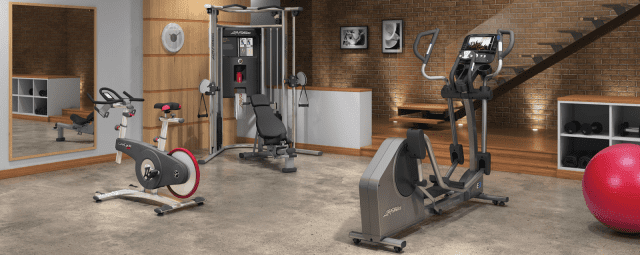
Fitness equipment Rental in USA
As the demand for fitness equipment keeps growing, the fitness rentals business in the USA is also gaining momentum. Gym owners have the option of leasing exercising equipment instead of buying that saves some money. However, whether buying is good, or renting is a better option is a decision that gym owners must take after careful consideration of the business economics. The footfall at the gym is an important indicator of the usage of equipment which influences the decision. Extensive use of equipment can be a justification for buying whereas if usage is below moderate, renting might seem to be the right way to minimize investment.
As both buying and leasing or renting has its own advantages and disadvantages, it is good to have some idea about it so that you can take a well-informed decision. Indeed, you must first understand your business model as well as business goals that drive your choice. Tax is a big component of gym business that together with the available capital influences your decision about buying or renting. Now let us look at the good and bad of the methods of acquiring gym equipment.
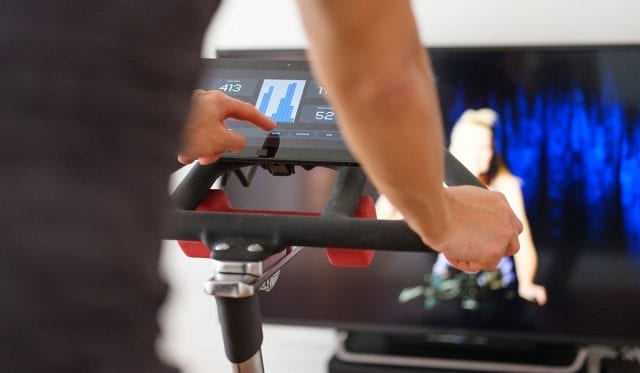
The cost perspective
The decision to buy or take it on lease depends on the age of business and its health. Any gym start-up with limited finances and wanting to make a small beginning will find enough reasons to opt for leasing equipment. That is because it involves lesser money and the terms of leasing are more flexible than taking business loans for equipment. Often, leasing comes with some tax deduction that lowers the burden of gym owners. Initially, the low rental payment might appear quite attractive but carrying on with it in the long term would turn out more expensive as the gym owner cannot ever own the equipment.
If finances permit, buying gym equipment pays back well in the long run even though one must be ready to make a high initial investment. The cost of owning equipment is always lesser than the money spent on rent, but it depends on the duration of rent. Since gym equipment is an asset, it adds to the value of your business because if you sell off the business, you can recover some money towards the money spent on buying it. To calculate the overall buying cost of equipment, you must not forget to consider the element of the tax write-off.
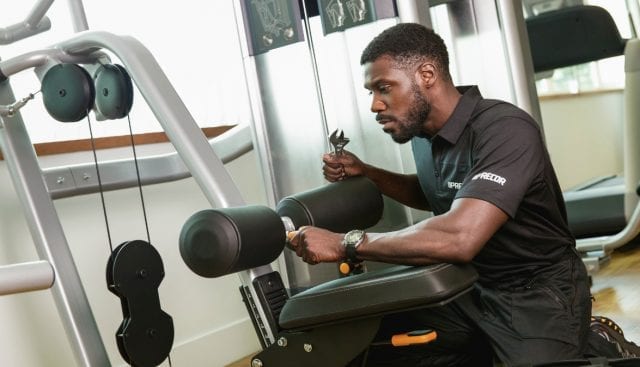
Equipment maintenance
Gym owners can never afford downtime or breakdown of equipment because unavailability of equipment will drive away customers. At any cost, they must ensure that all equipment always keep running and remain accessible to users. It means that the maintenance of equipment is very critical to provide continuous running, and this can be quite challenging for purchased equipment. Even the best preventive maintenance cannot ensure zero downtime because equipment can fail, and it takes some time to repair equipment and set it right. Whereas, in case of leased equipment, gym owners can call for immediate replacement of defective equipment that helps to maintain continuity. Since the responsibility of leased equipment lies with the equipment renting company, it saves the cost of maintenance too besides ensuring uninterrupted running.
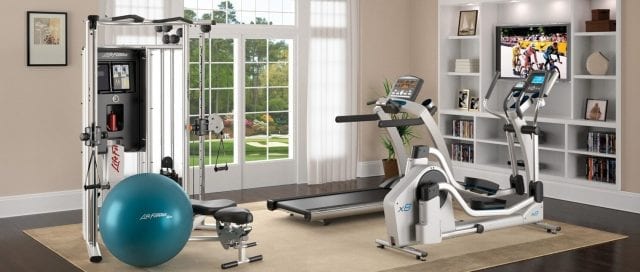
Equipment quality
Even the best equipment undergoes normal wear and tear, and with time its efficiency decreases that affects functionality. As the machines keep aging, users no more find it as effective and comfortable to use as it used to be before. Moreover, every equipment has a lifespan, and as it nears the end, to offer the best experience to users, gym owners must replace some equipment. Purchasing some equipment at intervals means that interim investment would be necessary to arrange for a replacement that can be quite taxing.
On the other hand, for leased equipment, gym owners can request changing the machines every few years so that the equipment is always new. It adds considerable value to the business as customers or users are always happy with the quality of equipment and it helps the business to grow. However, at the time of executing the rental or lease contract, gym owners must include the clause of replacing equipment periodically to avail the benefit. Even if it costs more than standard lease contracts, having the condition of equipment replacement included in the agreement is worth paying for because it is still much cheaper than investing in new equipment periodically.
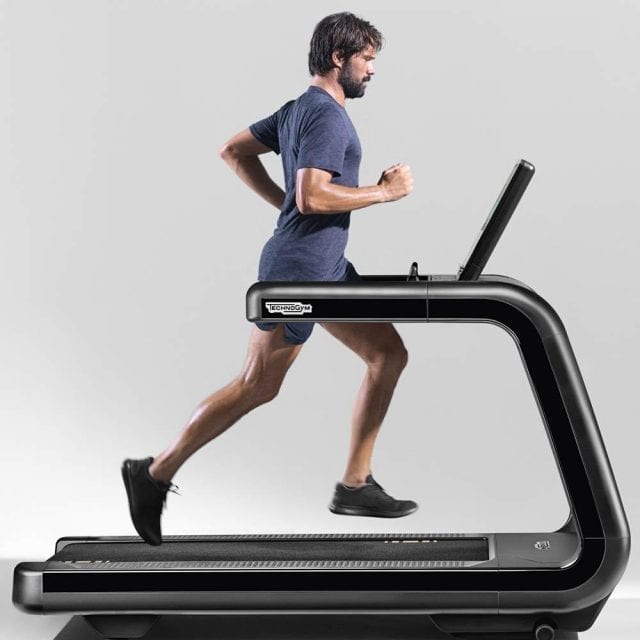
Commercial considerations
When leasing equipment, gym owners benefit on account of lease expenses that are treated as business expenses that qualify for tax deduction. Considering the element of tax deducted, the overall cost of lease reduces considerably. When purchasing equipment, you are eligible for a deduction of $500,000 in the first year towards the cost of equipment. By comparing the savings against the overall business plan and objectives, it should not be difficult to choose whether leasing or buying is better for you.
Buying gym equipment entails massive investment and arranging funds by obtaining loans or arranging for credit lines is not always easy. The process of organizing finances can be complicated and lengthy too. But leasing is easy, and the terms are also quite flexible even though leasing for long can cost much more.
Using a model of buying some and leasing some equipment often works well for many, but it all depends on the business model.






